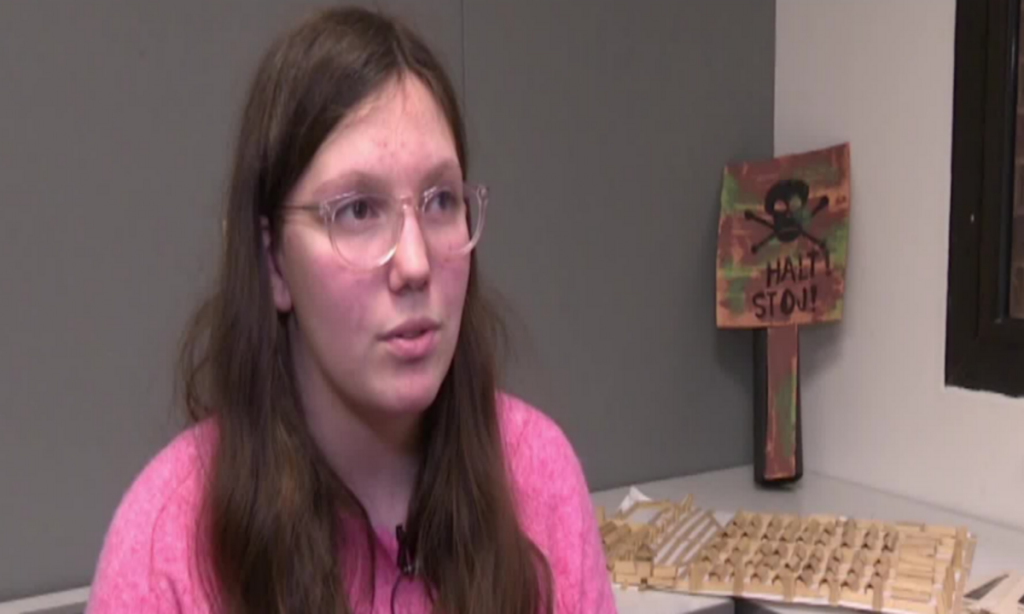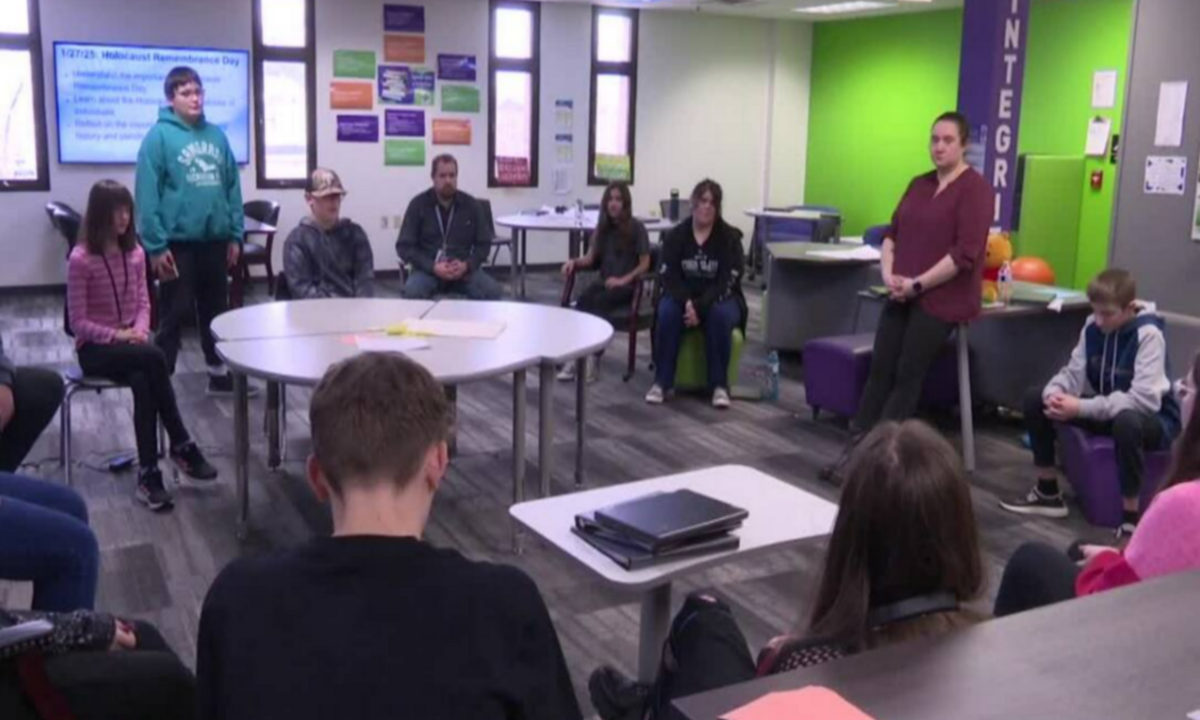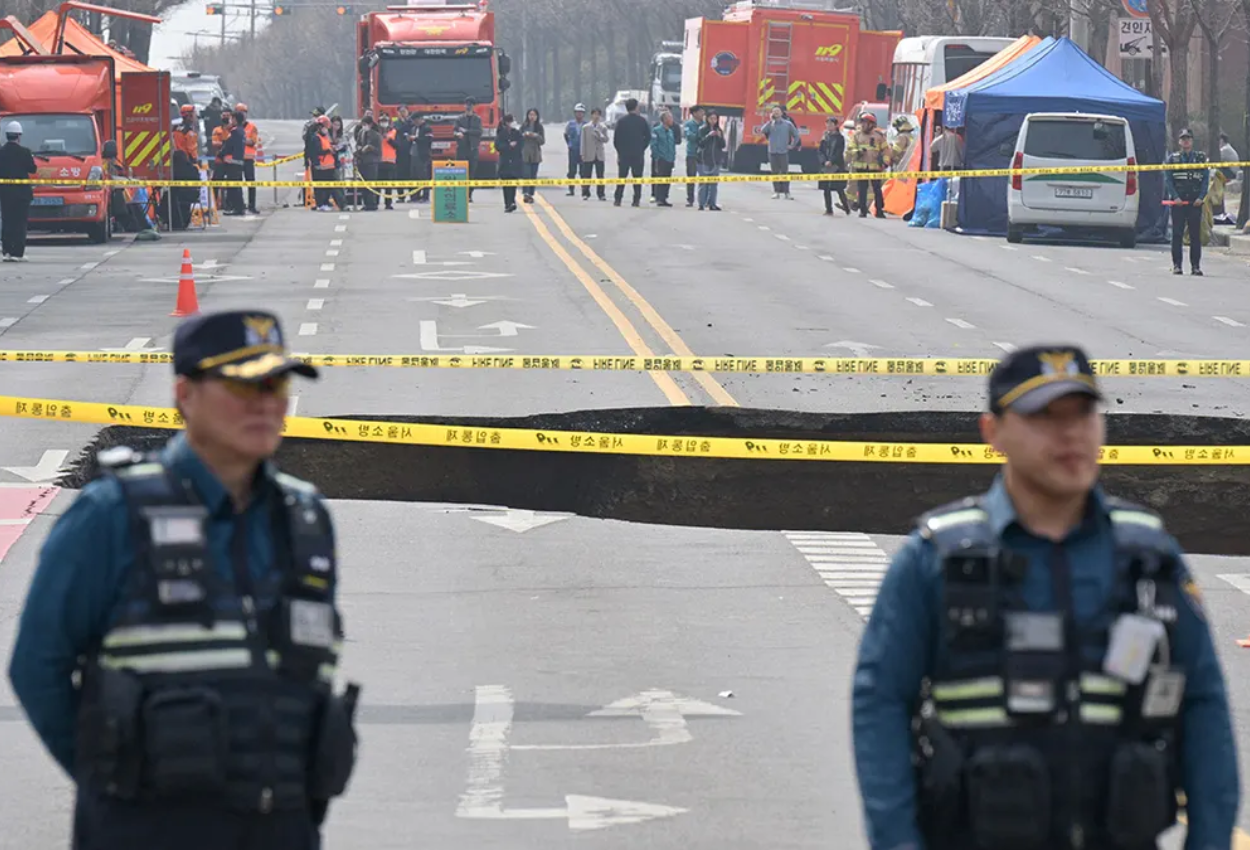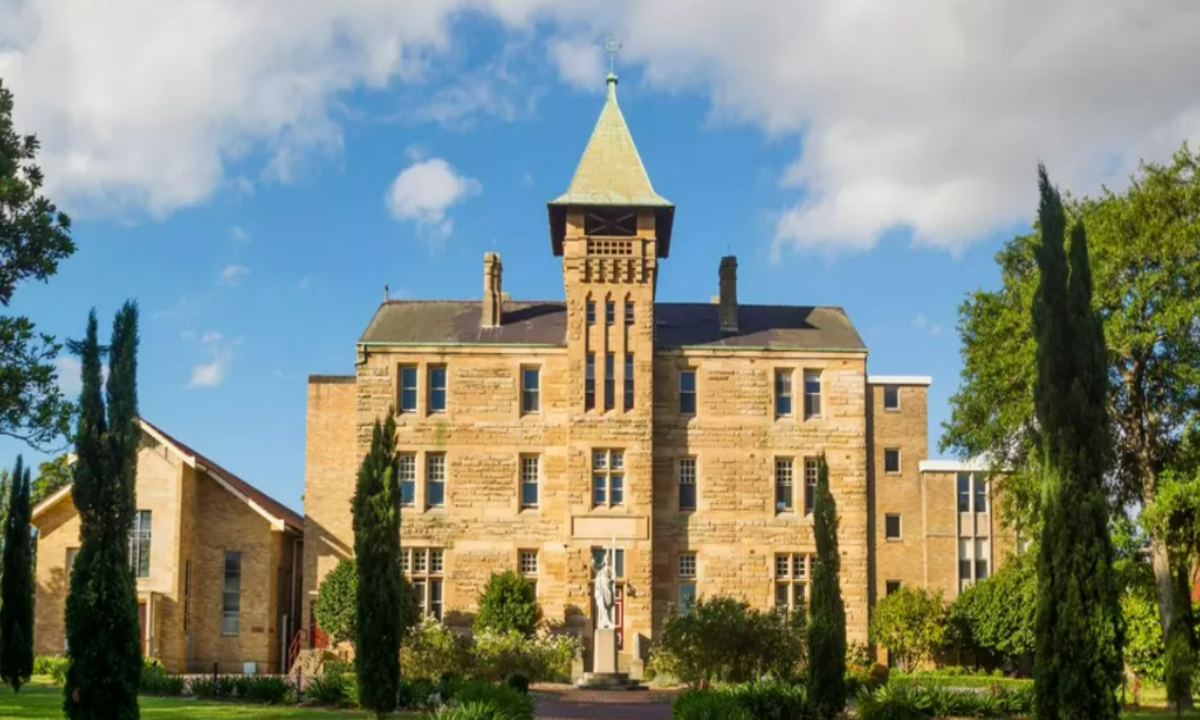Middle school students at the John Dewey Academy of Learning in Green Bay are on a mission to expand Holocaust education across Wisconsin. Inspired by their recent visit to the Illinois Holocaust Museum and Education Center, the students spent Holocaust Remembrance Day reflecting on the horrors of the genocide and discussing ways to ensure future generations learn about this dark chapter of history.
A Learning Journey That Inspired Action
Last week, a class of seventh graders from the academy visited the Illinois Holocaust Museum. They participated in a guided tour, listened to a speech by a second-generation Holocaust survivor, and learned about the devastating impact of the Holocaust. On Holocaust Remembrance Day, they came together to discuss what they learned and why it matters.
Ethan Cotter, one of the students, described the experience as deeply impactful. “It was horrifying to learn about how bad it really was,” he said. Another student, Cordelia Saharsky, added, “It’s very unfortunate that it came to that in the first place. The most I can do now is make sure it never happens again.”
The trip and subsequent discussions have motivated the students to take action and advocate for more comprehensive Holocaust education in Wisconsin schools.
Holocaust Education in Wisconsin: Current Guidelines
Wisconsin law requires that students learn about the Holocaust and other genocides at least once between grades 5 and 8 and again in high school. However, the state guidelines are minimal and leave much room for interpretation.
“There wasn’t any structured curriculum or detailed guidelines for how it should be taught,” said Brianna Nichols, a middle school advisor at the academy. “A teacher could simply talk about it for one day on Remembrance Day, and that would fulfill the requirement for four years.”
In contrast, the Holocaust curriculum at John Dewey Academy is extensive, spanning 12 weeks and allowing students to dive deep into the history, causes, and consequences of the Holocaust.
Students Plan to Push for Change
The students believe that one or two lessons on the Holocaust are not enough to convey its significance. “We want it to be more than just a one-day class where teachers say, ‘This is what happened,’ and move on,” said eighth grader Ayden Schmidt, who is among the students returning to the Illinois Holocaust Museum in February for a leadership conference.
Schmidt explained that the museum visit made him realize how much more impactful a detailed curriculum could be. “You don’t get the full extent or understand the emotions if you only hear about it briefly. But when you go through an entire class, it hits differently,” he said.
At the leadership conference, the students will learn how to create an action plan to advocate for changes in the way the Holocaust is taught in schools. Their next steps include writing to their congressman and governor, urging them to expand Holocaust education requirements in Wisconsin.

Why Expanded Holocaust Education Matters
The students’ efforts align with a broader national conversation about the importance of Holocaust education. With antisemitism and hate crimes on the rise, many educators and advocates emphasize that understanding the Holocaust is essential to promoting tolerance, empathy, and critical thinking.
By expanding the Holocaust curriculum, the students hope to ensure that their peers not only learn about the historical facts but also understand the human cost of hatred and bigotry. “It’s about making sure this kind of atrocity never happens again,” said Cotter.
A Mission Beyond the Classroom
The students at John Dewey Academy are taking their education beyond the classroom, using their voices to make a difference. They aim to inspire other students across Wisconsin to advocate for a deeper understanding of the Holocaust and other genocides.
As they prepare for the leadership conference and plan their outreach efforts, the students are setting an example of how young people can contribute to meaningful change.
By expanding Holocaust education, they hope to honor the memories of those who suffered and ensure that future generations never forget the lessons of the past.
Disclaimer—Our team has checked this article to ensure its accuracy and eliminate any misinformation. We are committed to providing clear and reliable information for our readers.




